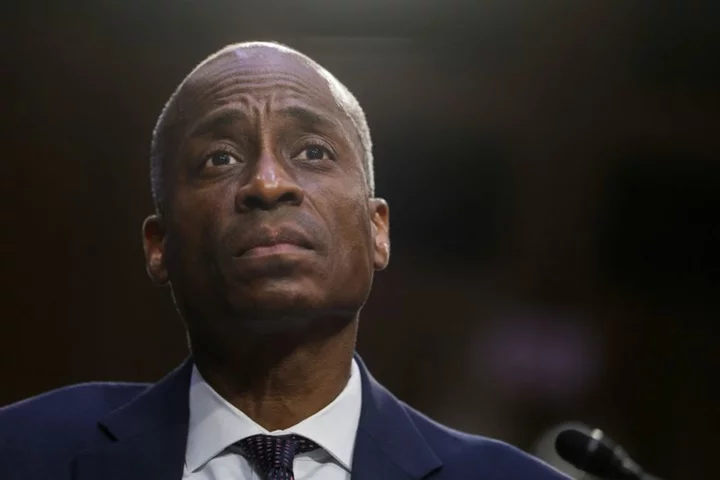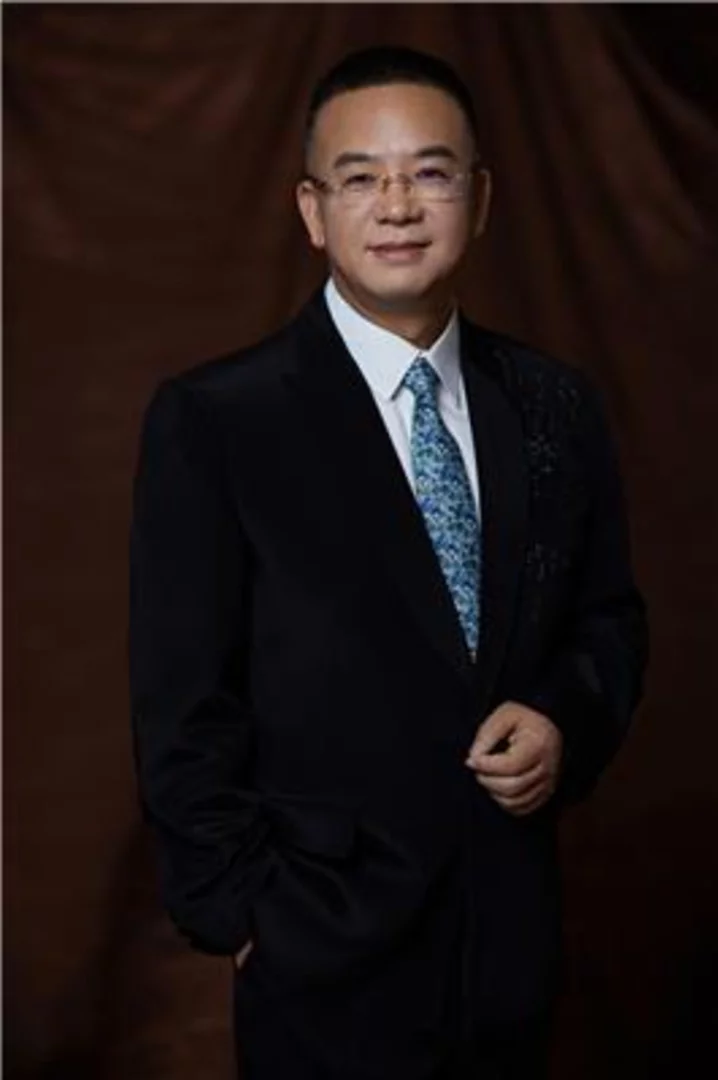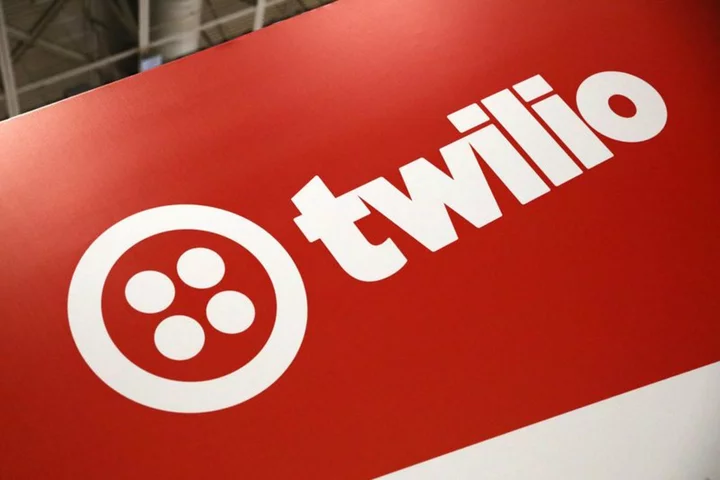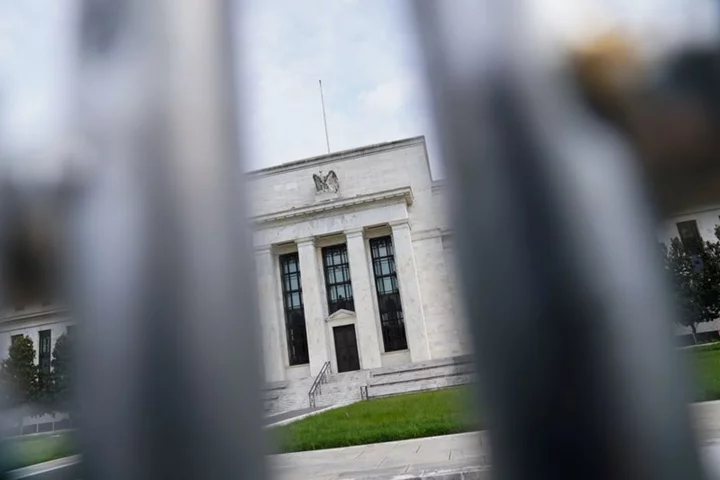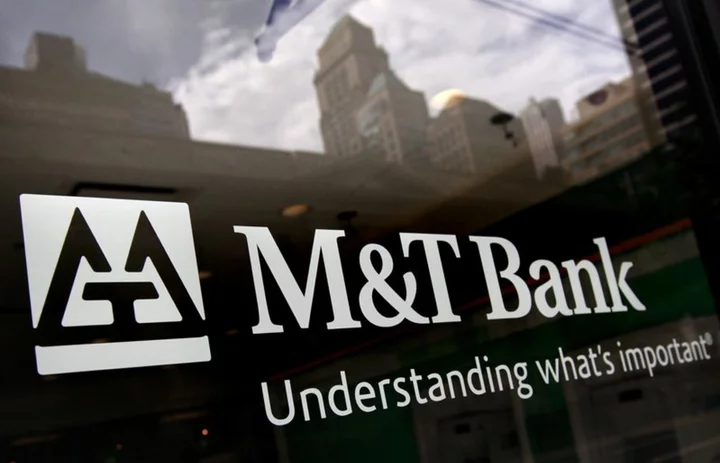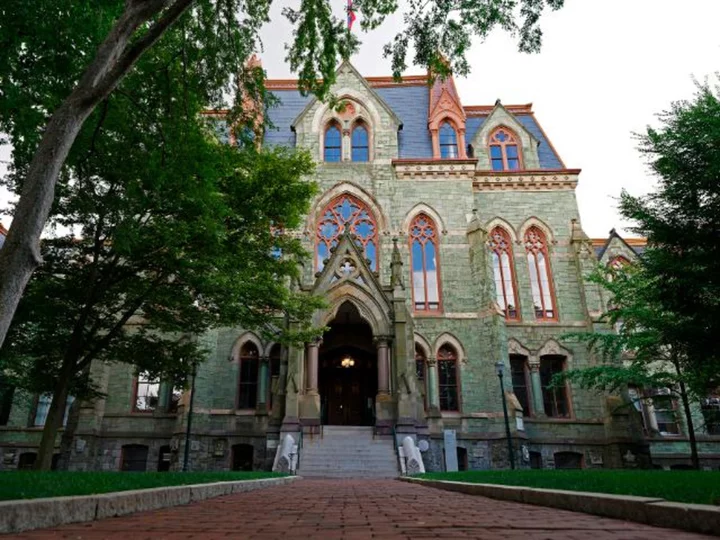By Ann Saphir and Richard Cowan
(Reuters) -The U.S. Senate overwhelmingly voted on Wednesday to confirm Philip Jefferson to be vice chair of the Federal Reserve, signaling broad bipartisan support for the U.S. central bank's second-in-command as policymakers near a potential watershed moment in their battle against inflation.
Jefferson was a longtime economics professor and college dean before becoming a Fed governor in May of 2022. He has voted for every interest rate hike since then as the central bank has lifted its benchmark overnight interest rate from the near-zero level in March 2022 to the current 5.25%-5.50% range.
With interest rates now seen as high enough to slow the economy and cool the job market, Fed policymakers are widely expected to leave the policy rate unchanged at their Sept. 19-20 meeting.
But they will also likely keep the door open for one last rate hike before the end of the year, giving themselves time to assess if they have done enough to vanquish inflation that just last year was running at 40-year highs.
The 88-10 tally in support of Jefferson's confirmation surpassed the 80-19 vote confirming Fed Chair Jerome Powell to a second term as head of the central bank last year, itself an unusually decisive margin in an often narrowly divided body.
Jefferson's new role means he will work closely with Powell and New York Fed President John Williams to hash out policy alternatives ahead of each rate-setting meeting attended by the full panel of 19 U.S. central bankers.
The Fed vice chair also traditionally serves as the Fed chief's go-to official on policy communications, underscoring key messages and clarifying potential misinterpretations.
Senators in a separate procedure also cleared the way for the confirmation of Fed Governor Lisa Cook for a fresh 14-year term at the U.S. central bank, though it passed by only a slim margin. Like Jefferson, she has also voted for every rate hike since she joined the board in May of 2022.
A vote on her confirmation is scheduled for later on Wednesday, along with a procedural vote on the nomination of World Bank economist Adriana Kugler, U.S. President Joe Biden's pick to fill the only vacant seat on the seven-member board.
The confirmations of Jefferson, Cook and Kugler would make the board the most diverse in the central bank's more-than-100-year history. Jefferson is only the second Black man ever to be appointed to the institution's No. 2 job; Cook is the first Black woman to be a board member, and Kugler will be its first Latina.
(Reporting by Ann Saphir; Editing by Chizu Nomiyama, Andrea Ricci and Paul Simao)

